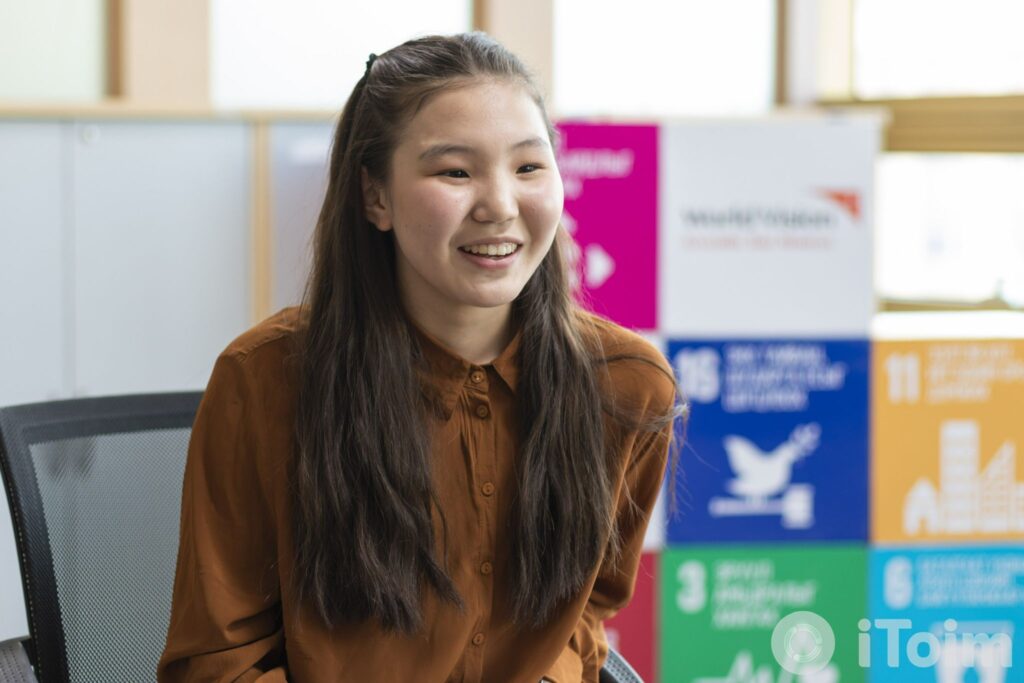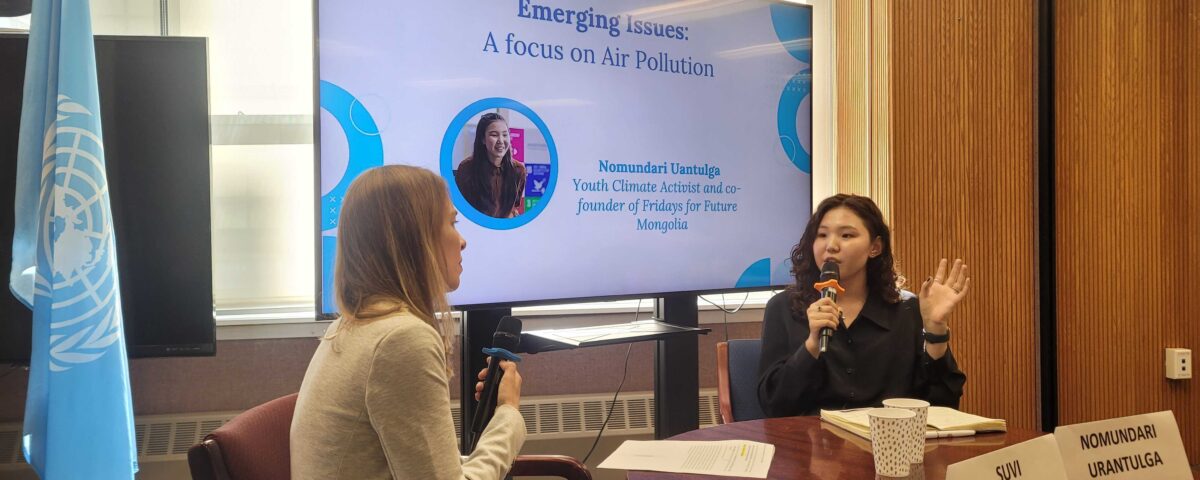I stopped breathing at two months old.
The doctors said my lungs had been so damaged in the womb that my tiny body simply couldn’t take in air. My mother couldn’t have known that her winter walks during pregnancy seeking “fresh air” had filled our lungs with toxins from Ulaanbaatar’s fossil fuel-dependent heating system.
I survived. My aunt’s unborn baby did not. Neither did my uncle. All casualties of the same invisible killer that nearly claimed my life before I even took my first breath.
In Ulaanbaatar, where winter temperatures drop to minus 40 degrees and coal means survival, researchers have documented what our families already knew: the spike in miscarriages and stillbirths every winter tracks perfectly with our air pollution levels. The coal smoke that blankets our city doesn’t just sting your eyes and burn your throat. It seeps through the placenta, damaging hearts and lungs that haven’t even started working yet.
This is not isolated to Mongolia. Wildfire smoke from Canada chokes New York. Industrial fumes from China drift to Korea. The fossil fuels we burn for warmth, power, and transport have turned breathing into a gamble that kills millions annually through strokes, heart attacks, diabetes, and respiratory diseases. In Britain, air pollution claims 28,000 lives each year. In India, it’s over a million. These are not natural disasters, they’re policy choices.

On September 25, world leaders gathered at the UN High-Level Meeting on Non-Communicable Diseases. They discussed rising rates of exactly the conditions that air pollution triggers and accelerates. Many treat these as separate issues: health on one side, climate on another. But pick up any medical journal and you see a different story: heat makes pollution deadlier. Heat waves trap pollutants close to the ground and accelerate the chemical reactions that form smog. Emergency rooms overflow with cardiac arrests when heat waves hit polluted cities.
This is why every climate solution doubles as a health intervention. For example, when Beijing cut traffic for two weeks during the 2008 Olympics, newborns started to weigh more, or when Dublin banned coal sales, respiratory deaths fell 15%. If we manage to achieve the Paris Agreement targets, we can save millions of lives just from cleaner air.
My generation gets this. Through campaigns like Healthy Planet Now, we’re demanding that governments stop subsidising the industries that poison us. Many of us are living with the reminder of decisions made before we existed, and we don’t want our kids to have the same fate.
We have the power to change our future. Watch what happened in Mongolia: mothers started organising through Facebook groups, sharing their children’s respiratory infections, calling for protests. Students from dozens of schools began mapping air quality across the city, training with monitoring sensors, livestreaming pollution data. Government officials who’d ignored years of reports suddenly faced parents and children refusing to accept the situation.
Two futures exist in my head.
One: we keep this up. Every pregnancy becomes a gamble. Every playground needs air filtration. Every weather report includes a pollution warning. Normal becomes checking if it’s safe to breathe before stepping outside.
Two: my kids ask me what “air quality index” means, genuinely confused. I explain how we used to poison ourselves for electricity and heat. They laugh, thinking I’m exaggerating.
Getting to that second future isn’t about innovation or technology. We have everything we need.
To the world leaders, act now. You know climate change and public health are the same crisis. You know fossil fuels are killing millions. You know switching to clean energy would save lives immediately, not eventually. So what’s your excuse?
To everyone else, help us make governments accountable. Share your stories and make the human cost public. The Healthy Planet Now campaign exists to connect our stories, to make individual tragedies into one undeniable pattern. Join us, or start your own movement. Just start.
The lung damage I carry is older than my memories, coded into my cells before I existed as a person. The air I never chose to breathe shapes my life. But I can choose the air my children breathe. We all can. The energy transition isn’t some abstract future goal. Every solar panel is a child who won’t develop asthma. Every closed coal plant is a pregnancy that won’t end in grief. Every electric bus is someone’s grandfather getting five more years.
These aren’t metaphors. They’re math. The same math that says we’re on track for catastrophe says we could fix this in a decade if we decided to.
So decide. Tomorrow’s air depends on what you do before dinner tonight. Before you forget you even read this or scroll to the next thing.
What are you waiting for?


